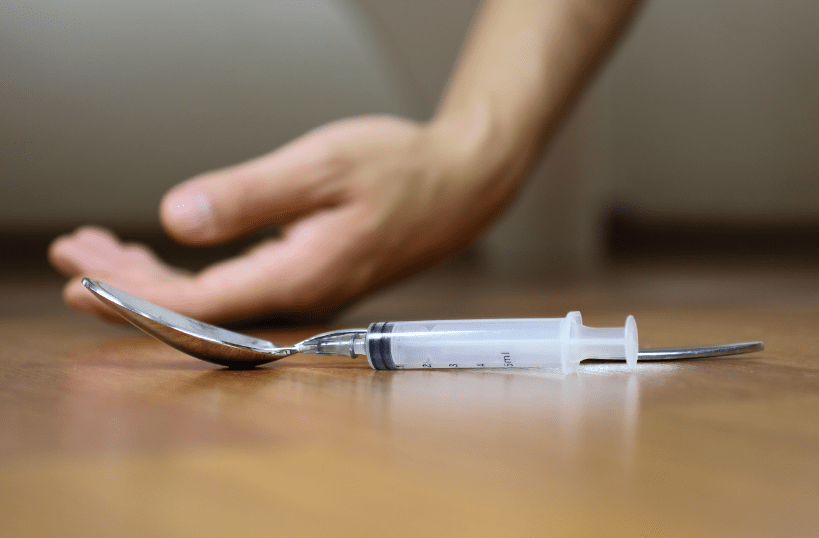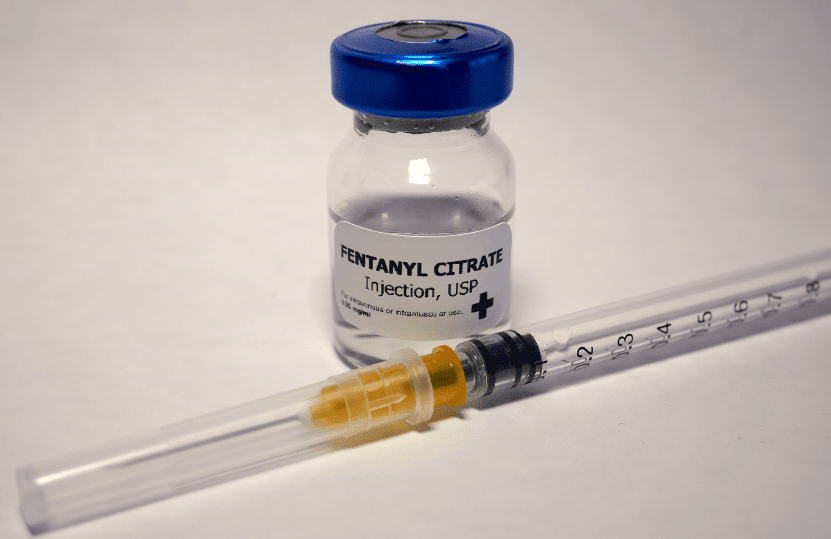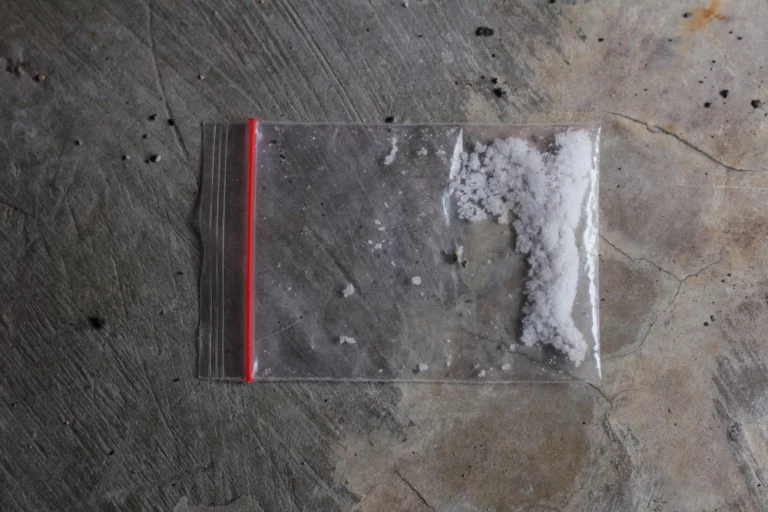Fentanyl: The Drug Fueling America’s Opioid Epidemic
Fentanyl is a powerful opioid that has significantly impacted on the ongoing opioid crisis in the United States—so much so that it has almost single-handedly produced the latest “third wave”. Between 2013 and 2016, overdose deaths involving synthetic opioids such as fentanyl increased by 540%, according to a report from the Centers for Disease Control and Prevention (CDC).
In 2017 alone, there were nearly 30,000 drug overdose deaths related to opioids. That’s a rate of almost 100 overdose deaths every day. Drugs like fentanyl have played a significant role in this pandemic because they are easier to produce and cheaper than other opioids. Fentanyl can be lethal even in small doses, making it especially dangerous when used inappropriately, used accidentally, or combined with alcohol or drugs like benzodiazepines.
Fentanyl’s Impact on the Opioid Epidemic
The opioid epidemic was decades in the making, but fentanyl has accelerated it significantly. The majority of heroin users report that they started by abusing prescription painkillers, which are synthetic opioids. When pharmaceutical companies began mass-producing prescription opioids like oxycodone, hydrocodone, and fentanyl, people began to view them less as medications and more as recreational drugs. That’s when the problems started. Pharmaceutical companies and doctors began over-prescribing opioids to people who didn’t need them.

In the 1990s, pharmaceutical companies began marketing fentanyl as a prescription drug to treat chronic pain. Fentanyl is a highly addictive drug that has become increasingly popular among people who inject drugs, as well as individuals who take opioids orally (by pill or patch) to manage pain that might otherwise be treated with surgery. Fentanyl is extremely dangerous, even in very small doses. It is often mixed with heroin or other drugs, unbeknownst to the user, which is what has caused the dramatic rise in overdose deaths.
What Is Fentanyl?

Fentanyl is an opioid painkiller, 50 to 100 times more potent than morphine. It’s often used to help patients manage acute or chronic pain, usually as a patch or lozenge dissolved in the mouth. It’s also used to manage breakthrough pain in cancer patients and end-of-life care. Fentanyl was first developed in the 1950s and was primarily used in hospitals as a form of anesthesia, or to ease patients through the process of dying.
Effects of Fentanyl
- Nausea and vomiting: People who take fentanyl often vomit due to nausea, which can be very dangerous.
- Drowsiness: Fentanyl can make people very drowsy, which can make it difficult to drive.
- Skin problems: Fentanyl can cause skin problems like itching, pain, rashes, and bruising.
- Kidney damage: Fentanyl can cause kidney damage and make it difficult for the kidneys to filter toxins from the blood.
- Overdose: Because fentanyl is so potent, even a small amount can be fatal.
- Coma: Fentanyl can slow breathing and heart rate to dangerous levels, which can lead to coma and death.
- Seizure: People who overdose on fentanyl can experience seizures.
- Breathing problems: Fentanyl can cause breathing problems and make it difficult to breathe. This can lead to a buildup of carbon dioxide in the blood, resulting in a painful condition called respiratory depression.
- Cardiac arrest: People who overdose on fentanyl often have heart attacks or experience cardiac arrest.
- Death: Fentanyl will often stop breathing altogether.
Why Is Fentanyl So Dangerous?
Fentanyl is so dangerous because it can be lethal even in small doses. In fact, fentanyl is so potent that it can be lethal even when administered correctly. In many cases, deaths related to fentanyl have occurred because of improper dosage or because the person did not know they were taking fentanyl at all. Because fentanyl is so potent, even breathing it in or touching it without gloves can make you sick.

The risk of overdose is especially high when fentanyl is:
- Mixed with other drugs like heroin.
- People don’t know they’re taking fentanyl.
- Given by injection which can be extremely dangerous.
- Given to people who don’t need it. Doctors can administer fentanyl through a patch or lozenge dissolved in the mouth, but it’s very risky, even for patients who need it.
What Factors Have Led to the Increase in Fentanyl Use?
Over the past two decades, there has been an increase in the use of prescription opioids, contributing to the opioid epidemic, as many people have become addicted to these drugs. Fentanyl is especially dangerous because it can be so addictive. Even if you are prescribed fentanyl, you can become dependent on it. While many people who become addicted to prescription opioids continue to use them as directed by a doctor, others divert the drugs for their own use or misuse them. Fentanyl has also been used illegally by drug dealers. The drug is cheaper to produce than heroin.
How to Avoid a Fentanyl Overdose
- Talk to your doctor about the benefits and risks of taking fentanyl. Your doctor can help you decide what type of treatment is best for you.
- Follow your doctor’s instructions carefully. Take the prescribed dosage and avoid taking more than you’re supposed to.
- Keep fentanyl out of reach from others, including children.
- If you are prescribed fentanyl, you can call your doctor if you’re worried about becoming addicted to the drug. Your doctor will likely discuss an addiction treatment plan with you.
- If you are taking illicit fentanyl, call 800-662-HELP for help. You can also visit findahelpline.org to find a helpline near you.
- Stay safe by not using drugs.

Bottom line: Trust the Experts
Fentanyl is a highly addictive opioid that can be lethal even in small doses. It has been a major contributor to America’s opioid epidemic and has led to numerous deaths. If you are taking fentanyl to treat chronic pain, make sure you are aware of the potential risks.
Addiction and mental health disorders can affect anyone. If you or a loved one are currently living with one of these issues, help is available! We encourage you to reach out to the professionals at Oasis Recovery to learn more about our personalized treatment programs and mental health services. Oasis Recovery was founded from firsthand experience of addiction and recovery, with a mission of providing a space where people can heal from addiction in a compassionate, creative, open-minded, and heart-centered environment. We believe recovery is always possible. Our experts work with you to design a treatment plan that fits your needs. Common treatment programs include:
- Intensive Outpatient Programs (IOP)
- Full-time Addiction Treatment on campus
- Aftercare Services
Contact us today for more information about how our programs and services can help you get your life back on track. You no longer have to struggle with this on your own. We are here to help.









